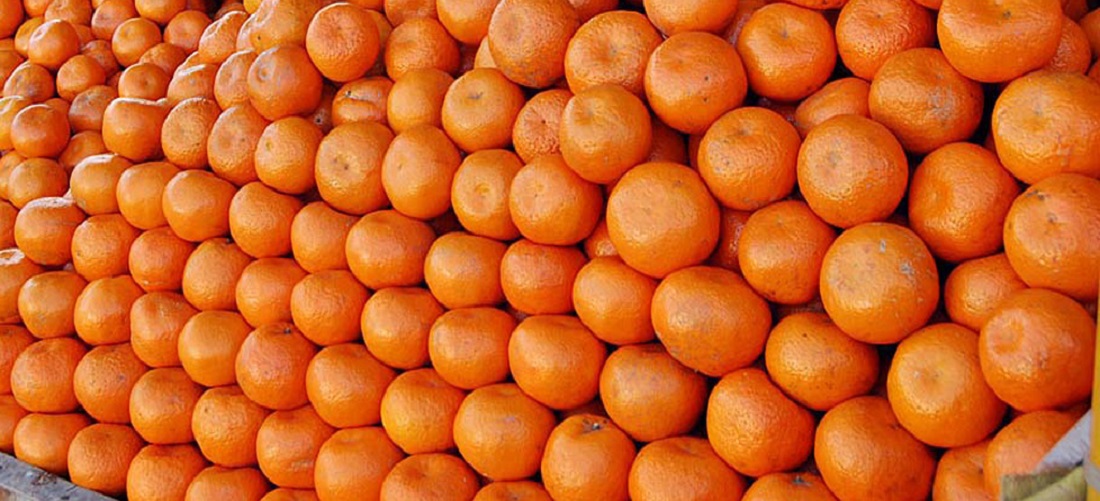
Arab countries increase purchases of Brazilian fruit by 34% in 2019
Feb, 10, 2020 Posted by Sylvia SchandertWeek 202007
Arab countries bought 34% more fruit from Brazil in 2019 compared to 2018. A total of 15,851 tons of apples, lemons, melons, watermelons, mangoes, grapes, peaches, nuts and chestnuts, oranges, guavas, among other products were purchased. In terms of revenue, values grew 32% over the previous year, reaching US$ 18.84 million. Out of all Brazilian fruit exports, Arab purchases represented 1.61% of volumes and 2.19% of revenues.
Gulf countries are among the main destinations. The United Arab Emirates heads the list importing US$ 10.84 million and 8,558 tons, a 29% increase in revenue and 37% in volume. In second position comes Saudi Arabia, which bought US$ 2.43 million of Brazilian fruits last year, totalling 3,544 tons, an increase of 59% in revenue and 82% in volume. Lebanon appears in third place with US$ 2.06 million, growth of 214% in revenue and 148% in volume. Next come Oman, Qatar and Kuwait.
According to the president of the Brazilian Association of Fruit and Derivative Producers (Abrafrutas), Luiz Roberto Barcelos, in 2020 the Arab market is expected to continue growing at the same pace as 2019, around 30%. “We have every possibility of repeating last year’s performance. The volume that is exported to Arab countries is not that high, there is great growth potential,” he said.
Barcelos stated that the Arab market is very attractive, particularly for Brazilian fruit exports, as it has characteristics that work in line with the sector and are not found anywhere else. “First, logistics, the distance is not that great compared to Asia, for example, so in around 24, 25 days, the cargo arrives by ship, which is a good transit time, and we have lines of service that provide good travel time. Then, we have very high fruit consumption habits in these countries, and the climate, which is very hot all year round, favors the consumption of tropical fruits. Another point is that there are no phytosanitary barriers, the countries do not require high levels of bureaucracy; and the per capita income of the population is high, which also helps, ”said the president.
Europe remains the main consumer of Brazilian fruits abroad, with about 85% of totals shipped heading there, according to Barcelos. The United States and Canada are also major buyers. And China, according to the executive, is starting now. “The first opening we had in China was for melons, we had meetings arranged with customers at a fair in Berlin (Germany), but they were canceled due to the coronavirus. But we expect to start selling to them this year, expectations are positive”, he said.
General
Brazilian fruit exports in 2019 grew 16% in volume and 8.5% in revenue. More than 980 thousand tons were exported, totaling US$ 858 million, with the emphasis on fruits such as mango, which grew 30%, melon, 27%, grapes, 19% and lemon, 10%. Watermelon, avocado and bananas also saw a considerable increase in volumes exported. In a note, Abrafrutas stated that the outlook for this year is to maintain this growth.
Source: Brazil-Arab News Agency
-
Trade Regulations
Aug, 26, 2019
0
Mercosur and Efta conclude negotiations for free trade agreement
-
Ports and Terminals
Jun, 11, 2021
0
Police crack down on international drug trafficking in Santa Catarina
-
Ports and Terminals
May, 10, 2023
0
Maersk to invest BRL 5.2 billion in Brazil by 2026
-
Mar, 03, 2023
0
Mad Cow: Brazilian case confirmed as atypical

